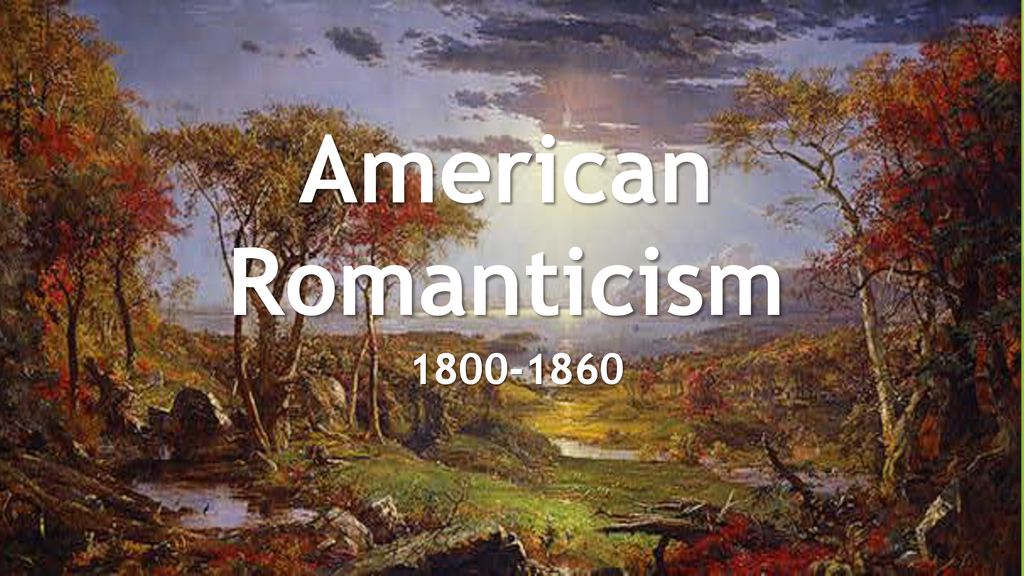Informations du cours

This lecture introduces students to Romanticism in American literature, a powerful literary movement that flourished in the first half of the 19th century. Rooted in emotion, individualism, and the sublime, American Romanticism emerged as both a reaction against Enlightenment rationalism and a response to the unique cultural and historical experiences of the United States.
We will explore the key themes and characteristics of Romanticism, such as nature as a source of truth, the celebration of imagination, the heroic individual, and the supernatural, as reflected in the works of major authors like Washington Irving, Edgar Allan Poe, Nathaniel Hawthorne, and Herman Melville. Special attention will be given to the American Renaissance, during which Romantic ideals evolved into deeply symbolic and philosophical narratives.
Objectives of the Lecture
By the end of the lecture, students will be able to:
- Define the core principles of Romanticism in the American context
- Analyze representative texts and authors through literary and historical lenses
- Discuss how American Romanticism differed from its European counterpart
- Trace the transition from Romanticism to later literary movements like Realism and Transcendentalism
This lecture provides a foundation for understanding the ideological and aesthetic shifts that shaped 19th-century American literature and its continuing influence on American thought and culture.
- Enseignant: Salima Ben Abida
